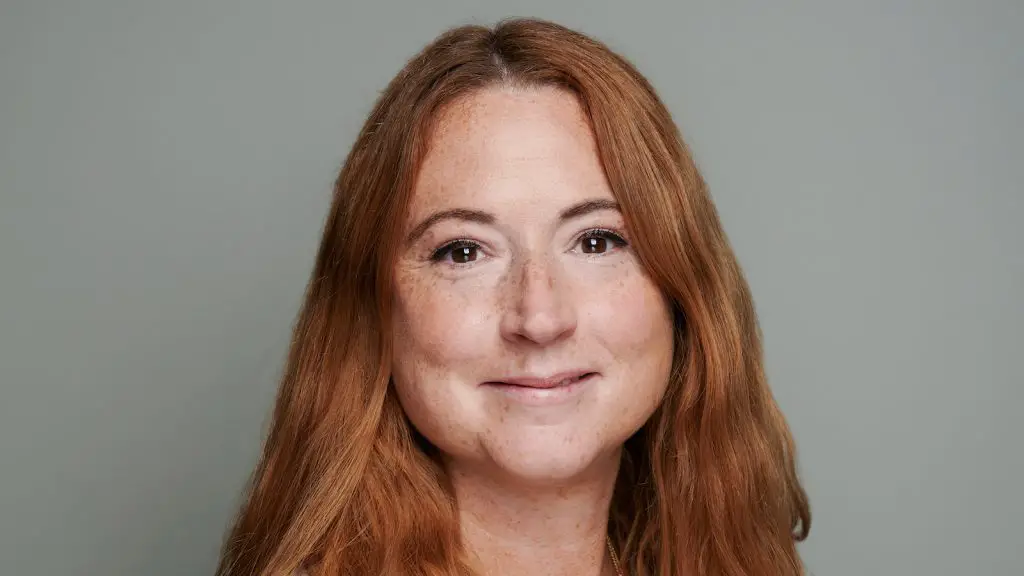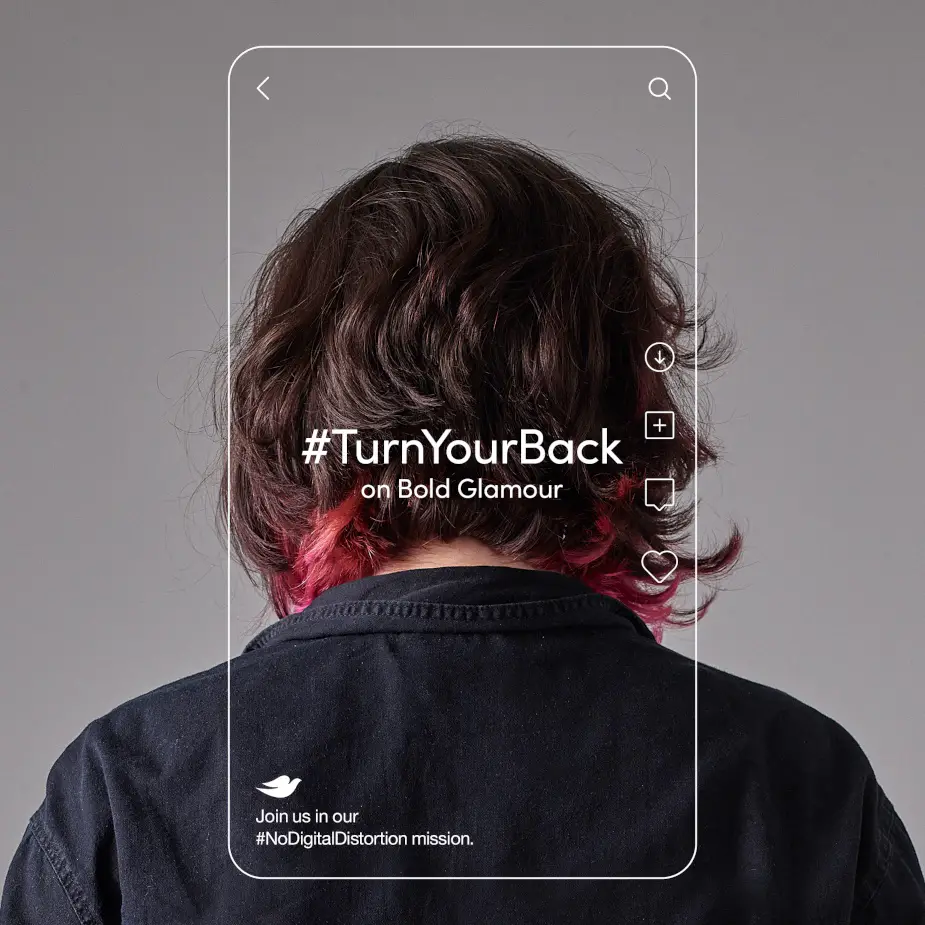
Amy Matthews is chief experience officer at Hearts & Science.
Desert Island Ads
We’re seeing more brands bring mental health and wellbeing to the forefront of their initiatives. And this is important. The more brands talk about the issue, the quicker we can tackle the stigma that still surrounds mental health.
For Mental Health Awareness Week, I’ve picked out a selection of some of the best ads from recent years that have had a demonstrable impact. Those who have really helped brands to lead conversations around mental health and foster honest conversations about how we’re feeling.
I’ve focused on some of the most memorable campaigns that address the issue in line with the particular challenges facing different audiences.
NSPCC’s A Message To My Younger Self
Footballers inspire young people to do more than kick a ball. So NSPCC’s A Message To My Younger Self campaign with Versus, which brought players Hamza Choudhury and Neco Williams on board to talk about advice they’d give to their younger selves, felt like an instant winner.
In a series that covers five of the most important struggles young people face: anxiety, loneliness, family conflict, unhappiness and suicidal thoughts, Choudhury and Williams speak openly about the mental health challenges they faced when they were younger and reflect on their own experiences of contacting Childline.
The five short films came from Childline’s own insights that identified boys and young men were struggling with anxiety, stress and loneliness, but not seeking support. The players’ vulnerability in this campaign clearly helped turn the tide, with the charity reporting a 33% increase in boys emailing Childline for support.
Physical injury in football always takes column inches but rarely do we see anything about players’ mental health. This campaign proved why it’s so important for male role models to open up.
Pantene stands up to Afro discrimination
Pantene’s My Hair Won’t Be Silenced campaign spotlights the pressure Black women face to fit in with Caucasian beauty norms.
Its hero ad shows a roundtable conversation in partnership with Project Embrace, in which six Black British women speak frankly about their own experiences when it comes to Afro hair discrimination. This followed a report that found 93% of Black people in the UK have faced microaggressions related to their hair. It’s a heavy but important watch.
Pantene’s partnerships for the campaign are worth noting here too. Working with Black Minds Matter shows the brand’s commitment to improving poor mental health, which can stem from not being able to bring your whole self to society.
It also collaborated with Project Embrace, an initiative to increase Afro hair representation in advertising, which marks an important step forward. The lack of education and representation in media and advertising plays a large part in Afro hair discrimination, so it’s good to see Pantene proudly representing the Black community.
Dave, meet ALAN
60% of Dave’s viewers are adult males and the channel’s own research identified that a third of men would have no clue what to do if they were concerned about a friend’s mental health. Its response was to introduce ALAN – not a reference to Steve Coogan’s finest, also popular with its core demographic – but in fact an acronym.
ALAN stands for Ask, Listen, Action and Network, an easy-to-remember and practical framework developed in partnership with Campaign Against Living Miserably (CALM), that would cut out any stigma around men checking in on their friends.
And keeping the channel’s trademark irreverent tone, Dave’s #bethemateyoudwant ads for the campaign were promoted across social media, radio, billboards, and even pubs and cafes, to encourage men to look out for each other – and signpost how they can raise the taboo issue of mental health without discomfort or judgement.
ITV Gets Britain Talking with Mind
We know TVs can be a great platform to help support mental health issues through powerful programming. For example, Channel 4’s ‘It’s a Sin’ prompted a massive surge in calls to the LGBTQ+ helpline. Smartphones can equally provide greater access to mental health professionals through email, online chats or video calls.
However, this doesn’t necessarily mean families are finding it any easier to open up and talk to each other about their feelings. As such, The Breakthrough, an ad that’s part of ITV’s Britain Get Talking campaign which was developed with mental health charity Mind, would’ve struck a chord for many, many families. Platitudes used in the ad such as “it was alright” will sound very familiar, especially to those who have teens, or indeed can remember their teen years! The ad addresses the challenge of finding the right words to support those struggling with their mental health.
And while this particular ad was aimed at teens, ITV’s Britain Get Talking initiative is part of a five year strategy offering resources to people across all generations to improve the UK’s mental health.
The results have exceeded expectations. ITV’s reset its 2023 targets to 200 million new or meaningful conversations because of last year’s success. It’s an important reminder of the tangible impacts of national campaigns – and why it’s so important brands dedicate themselves to causes over the longer term.
Dove’s #TurnYourBack campaign

Dove has long been a champion of self-esteem. However, the issue has become an ever-greater concern. The brand’s study found 48% of girls who digitally alter their photos had lower self-esteem, compared to 28% of girls who don’t do this.
The self-care brand implemented a reactive campaign to protest Snap’s controversial – and frighteningly realistic – Bold Glamour beauty filter. It encouraged people to quite literally turn their backs on the filter, supported by Dove’s own #NoDigitalDistortion filter on TikTok which saw body-positive creators such as Alex Light talking about the damaging impact these types of filters can have on body image. The hashtag has racked up more than 40 million views.
Dove’s issue is that giving young people access to advanced photo editing tools, which were until recently the preserve of professionals, feeds unrealistic beauty standards and adversely impacts self-esteem.
It’s commendable that the brand took a stand against such a big platform – and so quickly. It also speaks to the brand’s own No Digital Distortion policy: a commitment to not using editing tools or filters in its own marketing and advertising.
The ads I’ve chosen are just a few examples of the impact brands can make in driving change, whether that’s in actions or attitudes. While conversations around mental health have become far more widespread in recent years, it’s my hope that campaigns like this will inspire more brands to take a stance on addressing a topic that some audiences still consider taboo.
from Digital Marketing Education https://ift.tt/kPORdwM
No comments:
Post a Comment